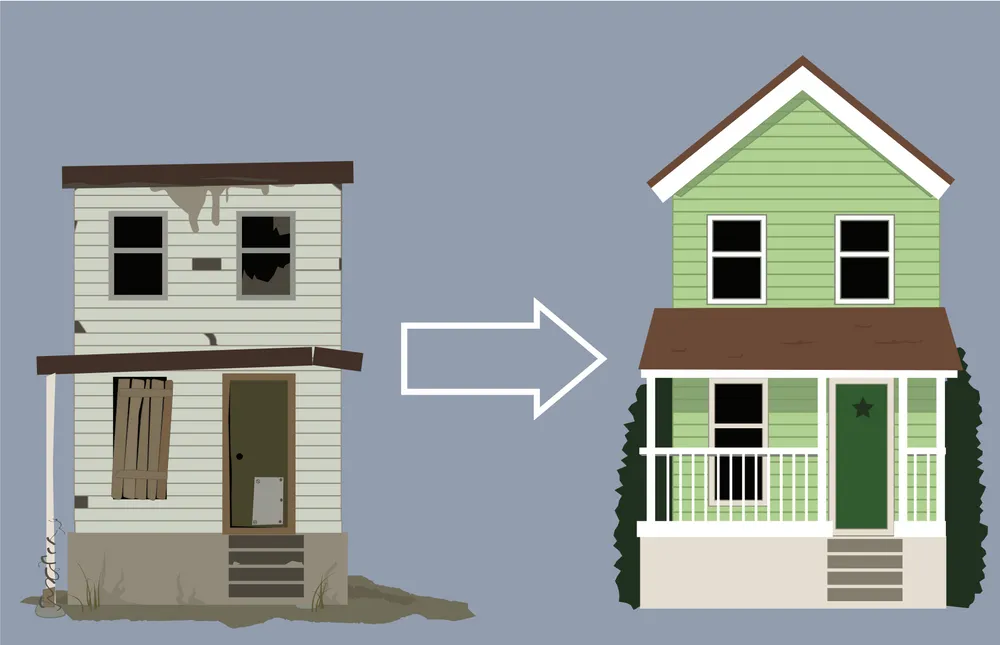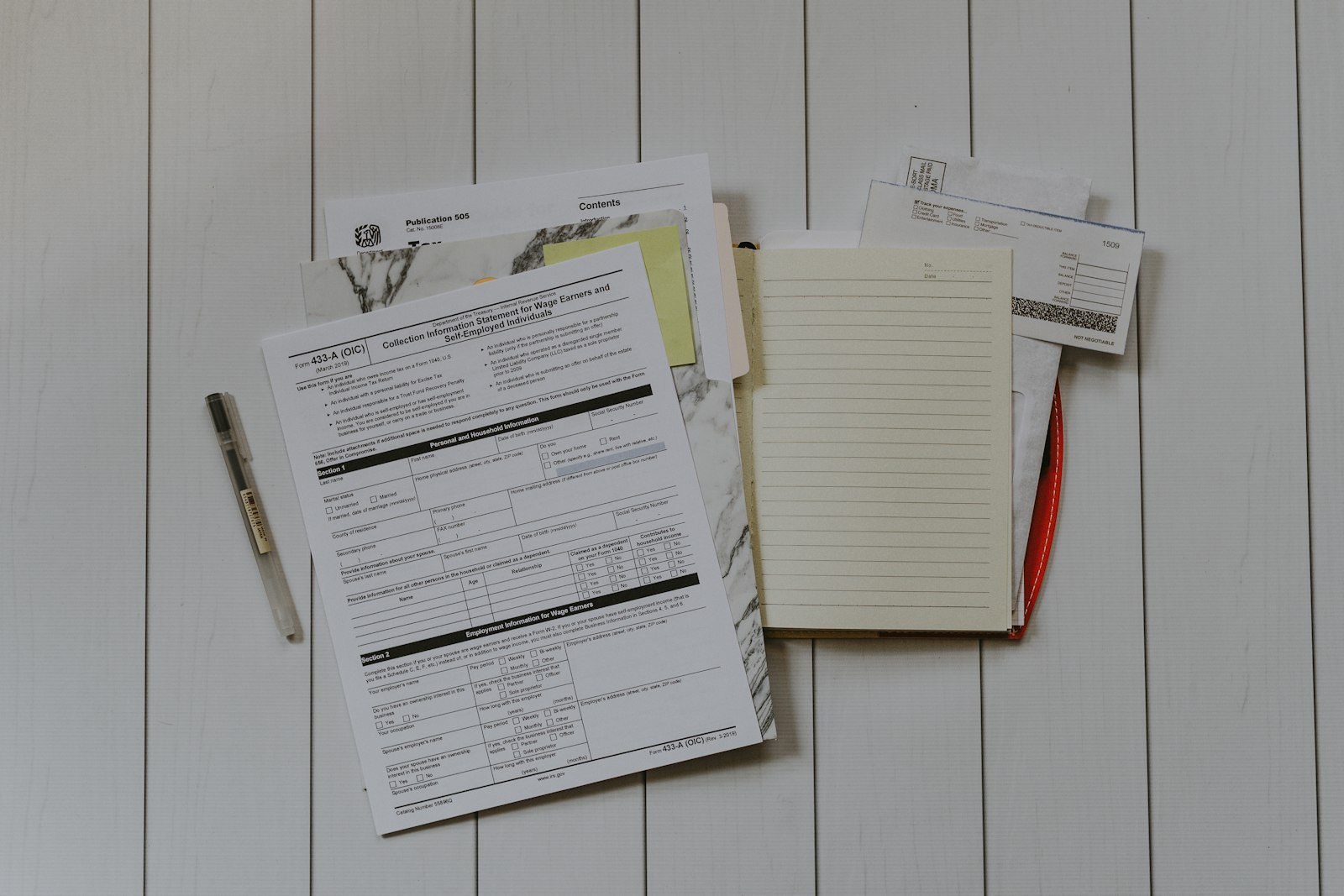How to Calculate ROI on Rental Property Investment – Miami Real Estate
As an investor, you should know the value of your property investment and the returns you get from it. This should tell you if the investment is profitable or not. If profitable, to what percentage? Is it too little or just okay?

Return On Investment (ROI) is the simplest way to evaluate whether your investment was profitable, broke even, or unprofitable.
THSLD FREE RENT CALCULATOR FOR PROPERTY OWNERS: ROI
Before you take any steps, feel free to check out this rent calculator built to help property investors and landlords for estimating their return on investments.
What is ROI in Property Investment?
Return on Investment (ROI) is the ratio of income to Investment cost. This ratio can either be positive or negative. If positive then your investment was profitable, if negative, you should reevaluate that investment.
In property investment, ROI is used to show how profitable the property is from annual records. Let’s look at how you can calculate ROI on your own.
How to Calculate ROI for Your Property Investment
To get the Return on Investment, first, you have to calculate the gross profit or gross loss. That is;
Then you find the ratio of that to the Investment cost.
Take the ratio and multiply by 100 to get the percentage. Let’s look at how you can calculate this if you had a property.
Calculating ROI on Different Real Estate Investments
There are several ways you can invest in the real estate industry. You don’t have to own a building. Amazing, right?
Here are some of the popular ways to invest in real estate:
- Flipping houses
- REITs
- Rental
ROI on Flipping Houses
Zack bought a house for $100,000. He repaired the house at $20,000 then resold it for $150,000.

Net profit:
$150,000 – $120,000 = $30,000
ROI:
($30,000 ÷ $150,000) × 100 = 20%
If he sold the house at $110,000 because he couldn’t find a better deal, what would the ROI be?
Total cost incurred:
$100,000 + $20,000 = $120,000
Net profit:
$110,000 – $120,000 = -$10,000
Return on Investment:
(-$10,000 ÷ $120,000) × 100 = -8.3%
If only he could have been a little more patient!
ROI on Real Estate Investment Trusts (REITs)
This is the simplest way to invest in real estate. You’ll notice that anyone can do this, even a 12-year-old. Yes, that 12-year-old.
What are REITs in Property Investment?
Real Estate Investment Trusts (REITs) is a simple investment style where you buy a share of the property. Just like the stock market.
If you buy shares from a REITs company, the shares will earn you dividends. Zack decided to invest in REITs this time. He deposited $50,000 into his account and invested. At the end of that financial year, he had earned $10,000.
ROI:
(10,000 ÷ 50,000) × 100 = 20%
That’s a juicy cheque right there!
Calculating the Return On Investment (ROI) on Rental Property
Calculating Return on Investment for a rental property depends on how you bought the property. Was it financed or bought with cash?
There is a specific way to calculate for each of those:
- Cost Method
- Out-of-Pocket Method
Cost Method (for cash transaction)
Zack bought a house at $500,000 with a closing cost of $4,000. Repairs cost him $16,000. Paid all this with cash.
Net Profit:
Income – Expense = profit
Purchase cost:
$500,000 + $4,000 + $16,000 = $520,000
ROI:
(48,000 ÷ 520,000) × 100 = 9.2%
Out-of-pocket method (for financed transactions)
If he bought the same house using a mortgage, what would be his ROI?
To get a $500,000 mortgage loan, he had to make a 10% down payment. The closing cost was $4,000 while repairs cost $16,000.
Net profit:
$60,000 – 44,364 = $15,636
Cost incurred in the investment:
Down-payment + Closing cost + Repair cost
ROI:
(15,636 ÷ 70,000) × 100 = 22.34%
Amazing numbers, right?
Importance of Calculating ROI in Property Investment
Before buying a property, you can use earnings from the previous owner to calculate the ROI. That would be around your expected return if you choose to invest in the property.
You can also increase rental returns by increasing the value of the property.
Knowing the returns to expect from your property would also help you when selling. You would convince a buyer easily if you have numbers to prove the investment is profitable. “Numbers don’t lie”, they say.
Other Ways to Measure Investment Profitability
- Capitalization rate
- Internal Rate of Return
- Cash on Cash Returns
Despite Return on Investment being reliable, it is recommended to combine these lucrative ways for a more reliable figure.
Conclusion: What is a Good ROI on Rental Property Investment?
Investing in Property calls for attention to detail and record keeping. Record money coming in and money going out. This will make it easier when calculating your profitability.
A good ROI cannot be defined because it varies from one investment to another. Every investor has a figure he/she would consider fair or lucrative. Ours might be 10% yours might be 12%. The good news is that you can always increase the ROI of your business whenever you choose to.
How to Calculate Return on Investment: FAQs
What is the ROI on Real Estate Investment in Miami?
Rental returns in Miami is about 5.2% of the investment cost. Your returns may be slightly lower or higher than that.
How do I calculate return on equity in real estate?
Suppose you took out a $500,000 loan with a $50,000 down payment. The property you bought earns you $4,000 monthly. That’s $48,000 yearly. To find the return on equity, you decide the annual income by equity then multiply by 100. In this case, the return on equity is 96%
What is a Good ROI percentage in Property Investment?
Between 15 – 20% ROI. A decent ROI percentage is relative to the property investor. It could be 20% for you and 15% for your friend. What do you expect from the investment? Having your expectations set will help you tell if the ROI was good or not.
Is Miami a good place to invest for a good ROI?
Yes, the Miami property market is fast growing and it’s been blooming for decades now. Property value in Miami city is stable while rental income is on the rise due to housing demand. Investing here would earn you high rental yields, thus a decent ROI.




